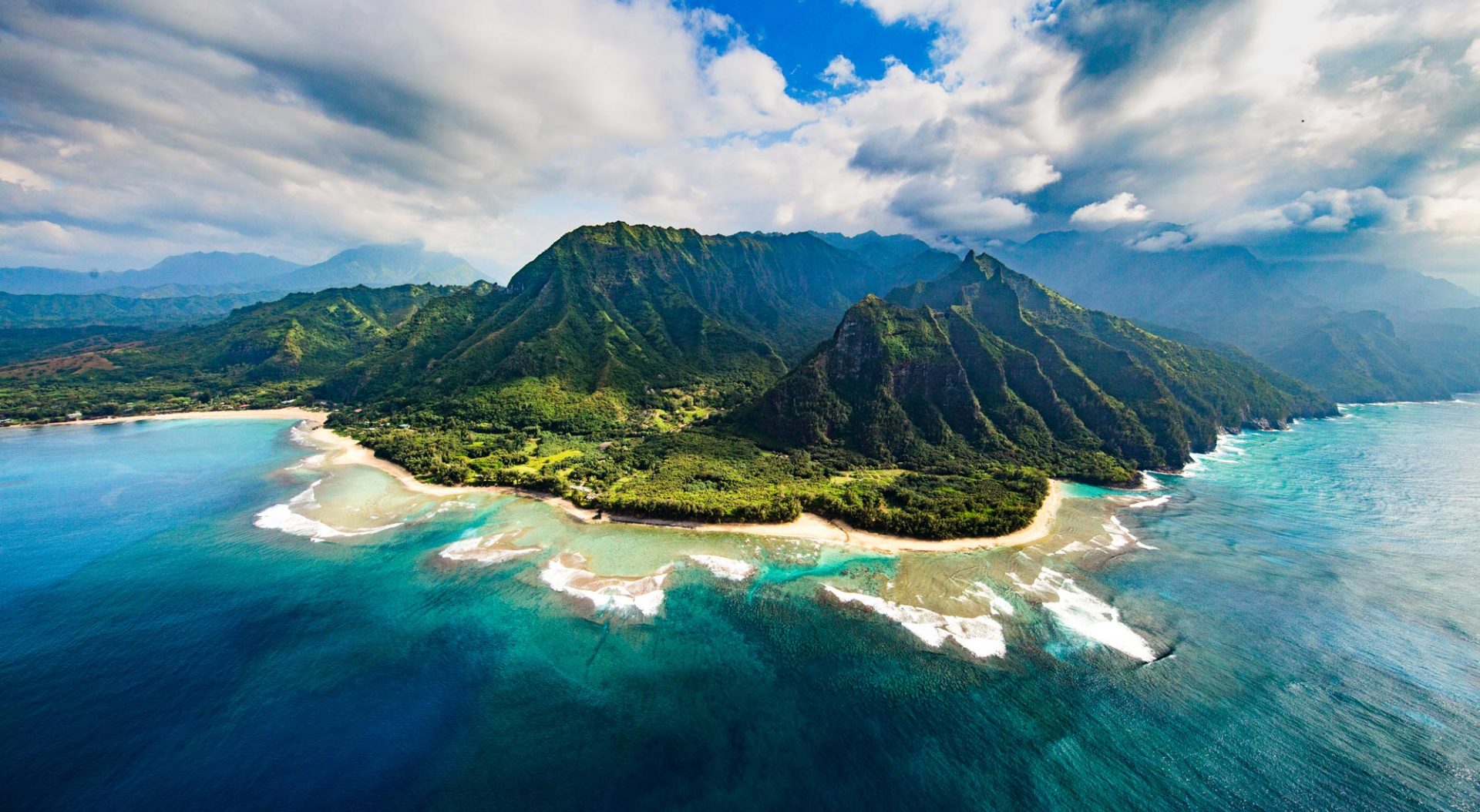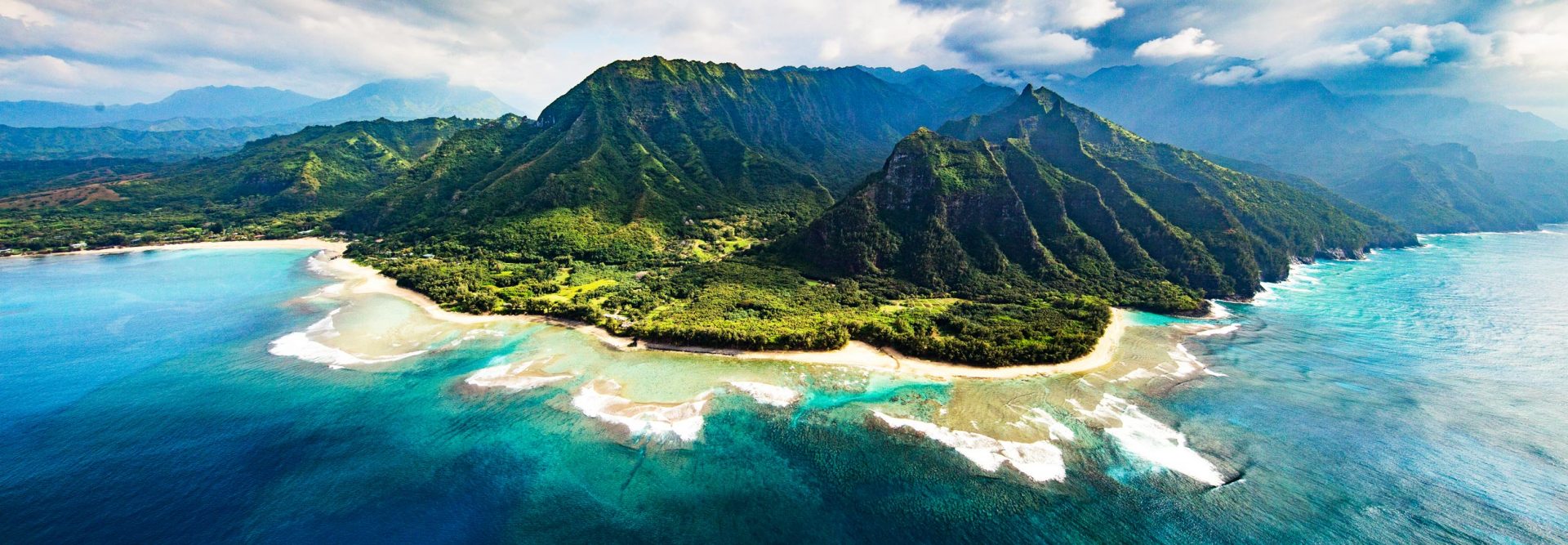Impacts to the ocean start upstream
The health of the ocean and its benefits to society are at risk, largely due to activities taking place upstream, far from its shores. Many factors have led to a cascade of impacts that extend from terrestrial and freshwater ecosystems to coastal zones and the ocean.
Read more in the action brief
Most ocean pollution originates from land-based activities and washes into the seas and ocean through rivers and other waterways. This includes huge volumes of solid wastes and plastics that threaten biodiversity, the health of ocean ecosystems, and overwhelm small island developing states (SIDS) with an unending tide of wastes. Untreated municipal wastewater, agricultural runoff, and nutrient dense discharges from industries result in high levels of coastal eutrophication, killing off fish stocks and endangering local livelihoods.
Fragmented governance across sectors and between countries aggravates the situation by impeding efforts to address the heavy burdens that land-based and upstream activities are putting on the ocean. Organizations and agencies responsible for maintaining the health of the ocean are rarely connected to the decision-makers, managers, or regulators of the activities that threaten its well-being. Land-based sectors and municipalities often do not consider the potential downstream implications of their activities, nor do they recognize their reliance on the ocean or the vast benefits the ocean gives them.
Our societies depend on healthy oceans, yet many of the beneficiaries are located far away from it and are not incentivized to invest, or participate in measures, that reduce pressure on marine ecosystems.
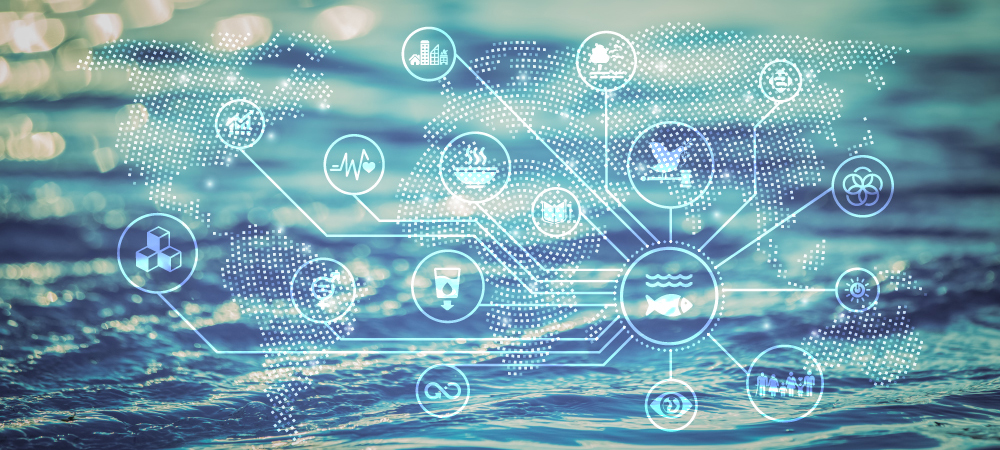
Coordinated action for Life Below Water
The 2030 Agenda is indivisible in its nature: no SDG can stand on its own. This is especially true for SDG 14 (Life Below Water) as it is both the end recipient of many human activities as well as an enabler for many of the other SDGs.
Read more in the action brief
SDG 14 calls for urgent action to preserve all life below water. To achieve this SDG by 2030, we must immediately adopt a coordinated, holistic approach as most of the threats originate far from the ocean.
We need to trace the impacts all the way back to their source and focus actions and solutions there.
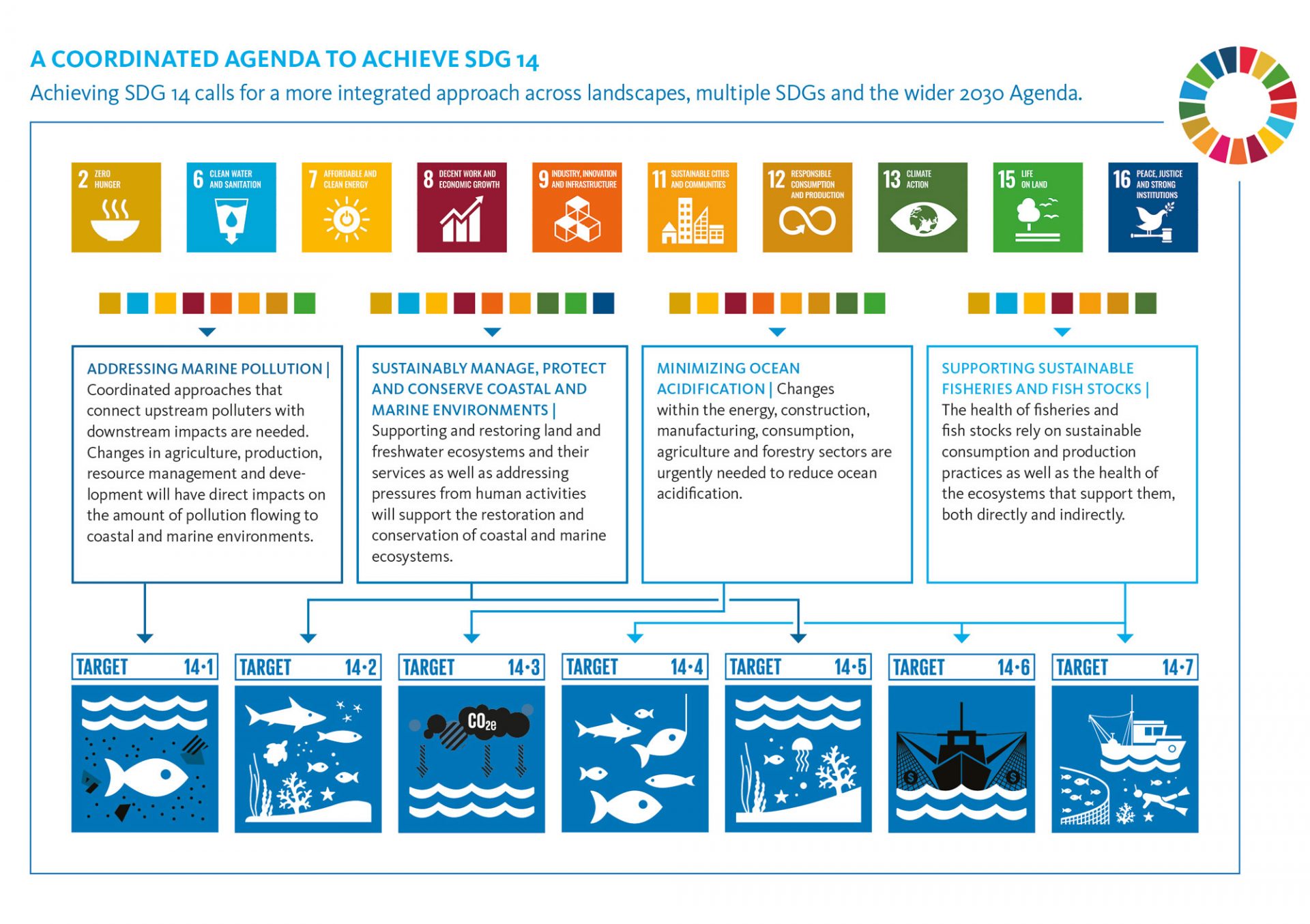

What does holistic management look like?
Effectively tackling threats to the ocean means building bridges between land, coastal, and marine communities, and uniting across sectors and administrative borders.
Read more in the action brief
The source-to-sea approach identifies the links between land, freshwater, coastal, and marine ecosystems, and stimulates cooperation between upstream and downstream actors, as well as coordination across sectors and between countries.
The strength of this approach is its ability to ensure outcomes of mutual benefit from source to sea. It brings together all actors – policymakers, the private sector, scientists, NGOs, local communities, and Indigenous Peoples – to proactively co-create solutions. The source-to-sea approach places a strong value on inclusivity, participation, and equity, including groups of actors traditionally excluded from decision-making. This includes those who are dependent upon ecosystems for their livelihoods and are most vulnerable to their changes.
Only through collaboration that crosses the land-freshwater-ocean boundaries, and founded on local knowledge, can we develop sustainable and lasting solutions with balanced benefits for our land, freshwater, oceans, and all of us.
Call to Action – Start at the source to save the sea
The consequences of fragmented governance and mismanaged natural resources are now evidently clear, and the source-to-sea approach is one of the most promising tools to solve the associated complex challenges. Now is the time for decision-makers around the world to come together to create meaningful change through policy reforms, sustainable financing and by developing frameworks which drive stakeholder collaboration. Our shared future depends on action for coordinated management to restore and maintain the health of the ocean.
The UN Ocean Conference, Convention on Biological Diversity COP 15, UN Climate Change Conference COP 27, UN 2023 Water Conference and ongoing global processes, as well as other upcoming conferences such as World Water Week, IAHR World Congress, and IWRA World Water Congress, present a unique series of opportunities to galvanize commitment and strengthen actions to support ocean health.
Immediate action from local to global scales is required. Governments, industry, businesses, academia, and citizens must work together to:
• CATALYZE source-to-sea action at global, regional, national, and subnational levels by mainstreaming source-to-sea thinking in the design and implementation of projects, plans, governance frameworks and investments.
• INCENTIVISE and implement holistic management of terrestrial, freshwater, coastal and marine systems to ensure development prevents biodiversity loss, deterioration of ocean health, ecosystem degradation, and exacerbation of climate change impacts.
• INCLUDE all stakeholders in decision-making, ensuring that the voices and concerns of marginalized and vulnerable communities, youth, women, and Indigenous Peoples are heard at all phases of policy making, and benefits are shared equitably.
• INVEST in science, education, knowledge sharing, data, and monitoring to better understand the linkages across the source-to-sea continuum and ensure development on land and along rivers safeguards healthy marine and coastal ecosystems and protects livelihoods dependent upon ecosystem services.
• ACCELERATE the transition towards sustainable consumption and a circular economy by developing financial and regulatory tools that stimulate cross-sectoral behaviour change, coordination, and upstream-downstream cooperation in identifying solutions at the source.
• INNOVATE transformative, replicable and scalable solutions that address source-to-sea challenges while enhancing livelihoods, ensuring equity, harnessing collective wisdom and sustaining ecosystems.
To achieve these aims, we must build and reinforce multi-stakeholder partnerships at all levels, to coordinate action and advance knowledge.
The Start at the Source to Save the Ocean call to action is supported by the following organizations:


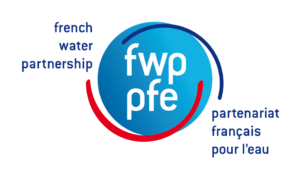
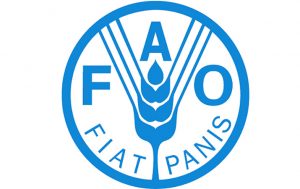
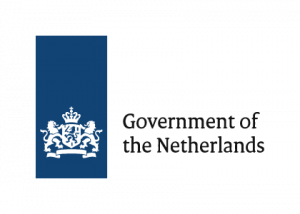
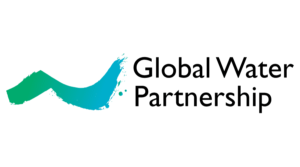

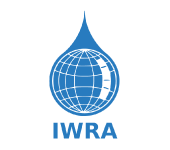

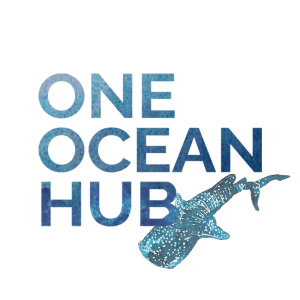

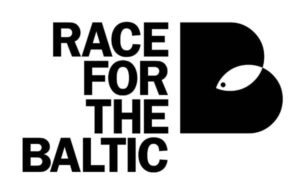

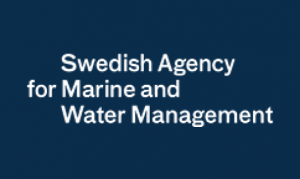
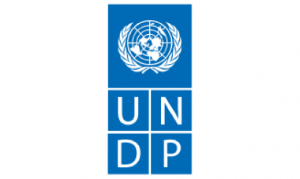


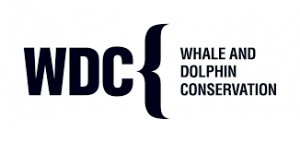
Support the Start at the Source to Save the Ocean Call to Action
Register your organization here if you would like to support this call to action.
Register here